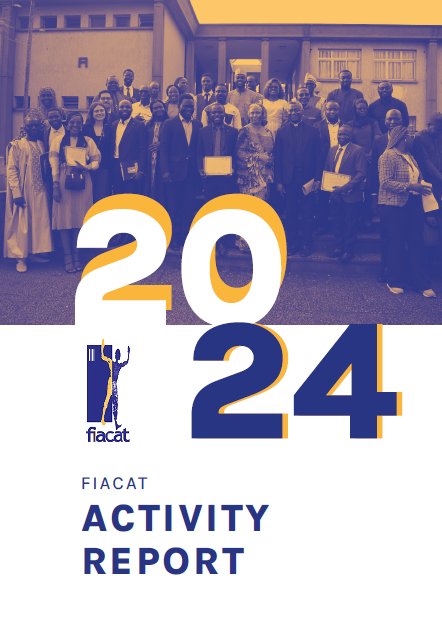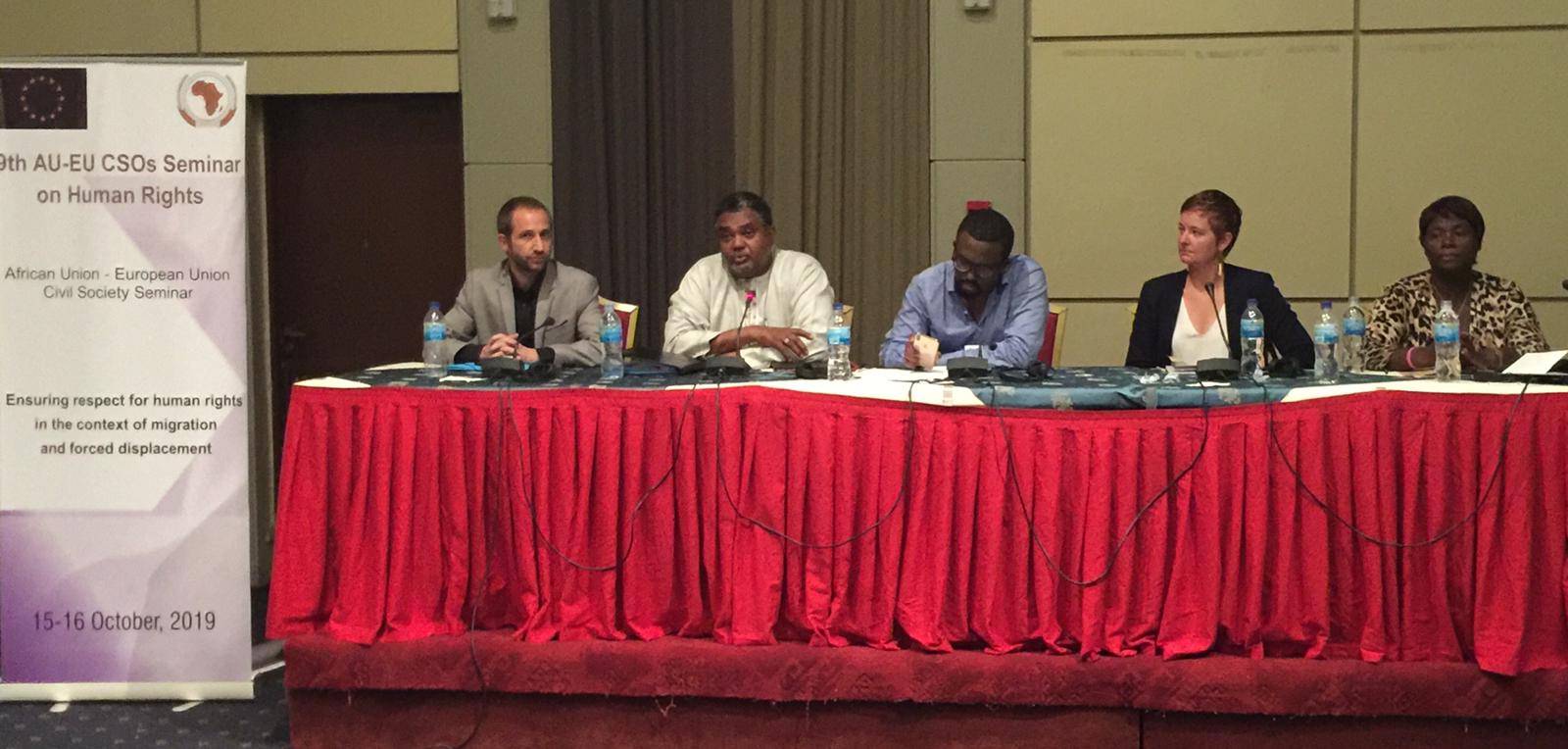EU-AFRICAN UNION:
PROMOTING AND PROTECTING ALL HUMAN RIGHTS GLOBALLY
The recently issued Joint Communication Towards a comprehensive Strategy with Africa is a key moment for the European Union (EU) and Africa to take forward their shared human rights commitments at a crucial time for both continents. At the EU-Africa summit in late October 2020, African and EU decision-makers will agree on the next Joint Africa EU Strategy (JAES), setting the framework for intercontinental relations as human rights face ever more pushback worldwide. In parallel, the negotiations for the post-Cotonou framework are ongoing, and will be a key litmus test for the strength of human rights commitments in EU-Africa relations.
Sustained commitment to promote and protect human rights will be even more urgent against the background of the Coronavirus pandemic and its far-reaching consequences on both continents.
As the steering committee for the civil society seminar of the annual African Union (AU)-EU human rights dialogue, we represent an ongoing, established civil society process drawing on sustained and expert input on human rights from some 400 members of civil society on both continents over the past decade. It is our conviction that the EU and Africa must explicitly place human rights at the centre of their relations, in policies such as the JAES, and in practice by the EU, AU, their member states and across all their relations.
The Joint Communication points to the broad and deep ties between Africa and the EU due to shared interests. Indeed, there is no dichotomy between the two continents’ shared interests and their shared values - to respect, protect and fulfil their human rights obligations for all on both continents and to collaborate on the global human rights agenda. As the Joint Communication states, “positive developments in one of these areas depend on progress in other areas”. Just as human rights rests at the centre of EU external action, it must likewise stand at the very heart of Africa-EU relations.
Key civil society recommendations for EU-Africa relations issued by the Steering committee of the civil society seminar for the AU-EU human rights dialogue process (see document below):
- Gisela Castro Isern, International Federation for Human Rights, FIDH
- Katharine Derderian, Amnesty International
- Lionel Grassy, International Federation of ACATs, FIACAT
- Omar Faruk Osman, National Union of Somali Journalists, NUSOJ
- Hannah Forster, African Centre for Democracy and Human Rights Studies
- Gilbert Sendugwa, African Freedom of Information Centre




